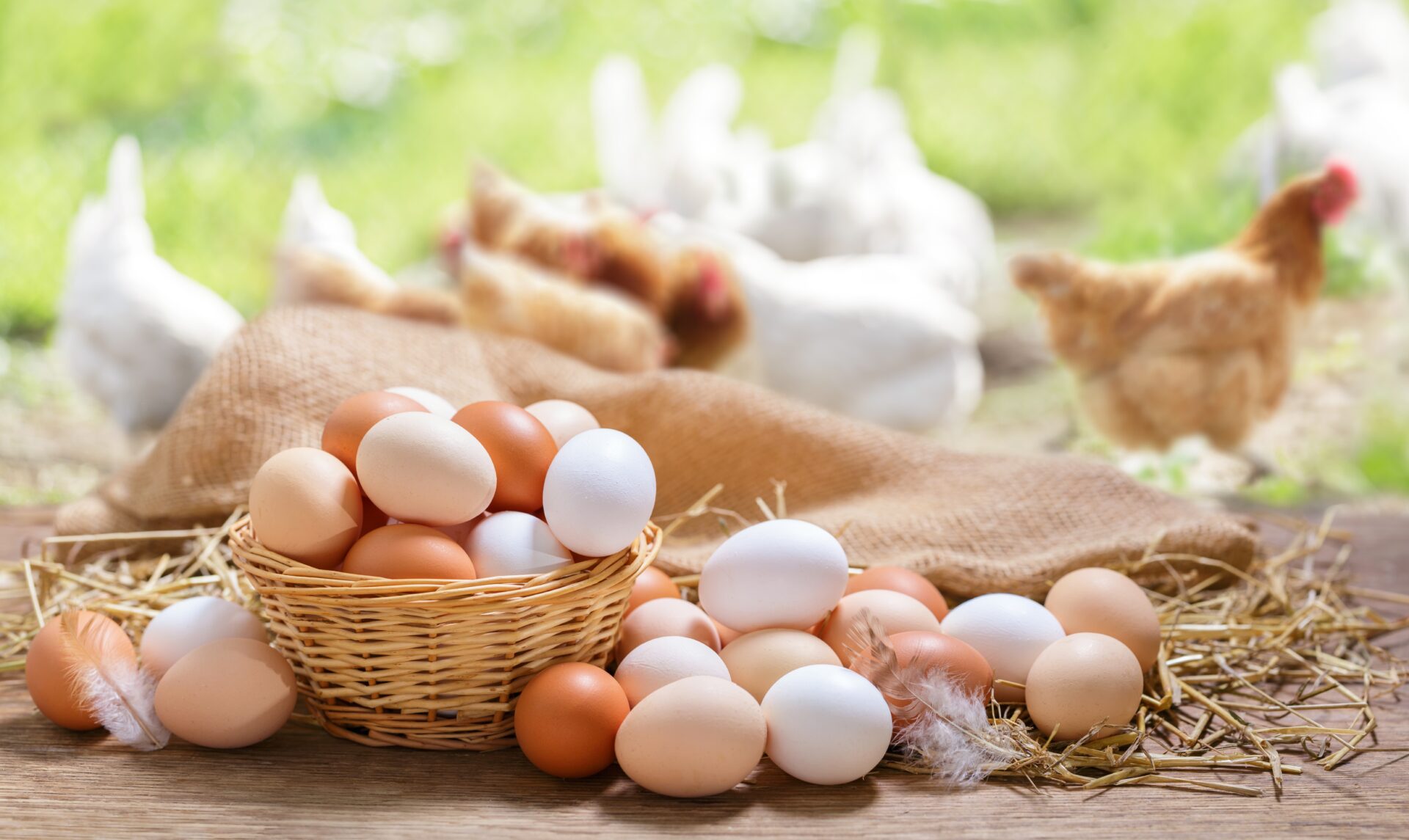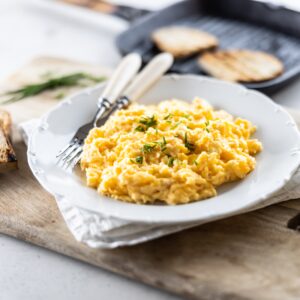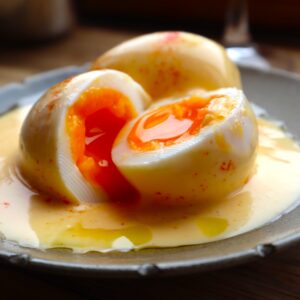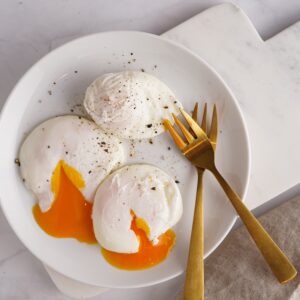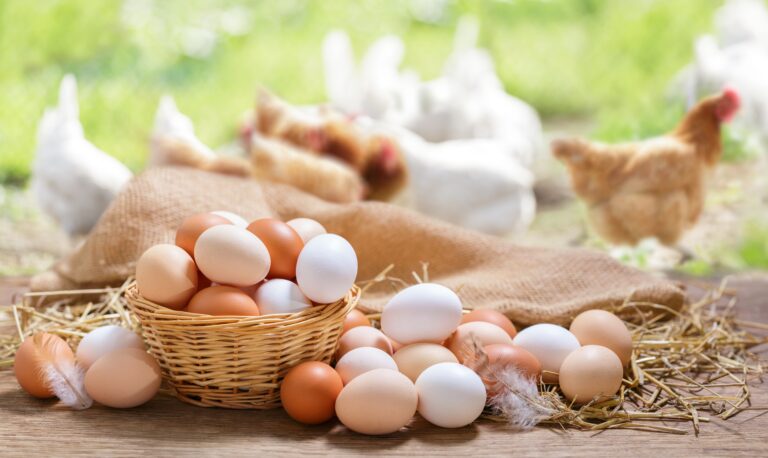
Eggs are a versatile and nutritious staple in many kitchens worldwide. Their adaptability allows for a wide range of dishes, from simple snacks to elaborate meals. Among the most beloved ways to prepare eggs are scrambled, boiled, and poached. Each method offers a unique texture and flavor profile, making eggs a delightful addition to any meal at any time of day.
Technique to Cook Scrambled Eggs
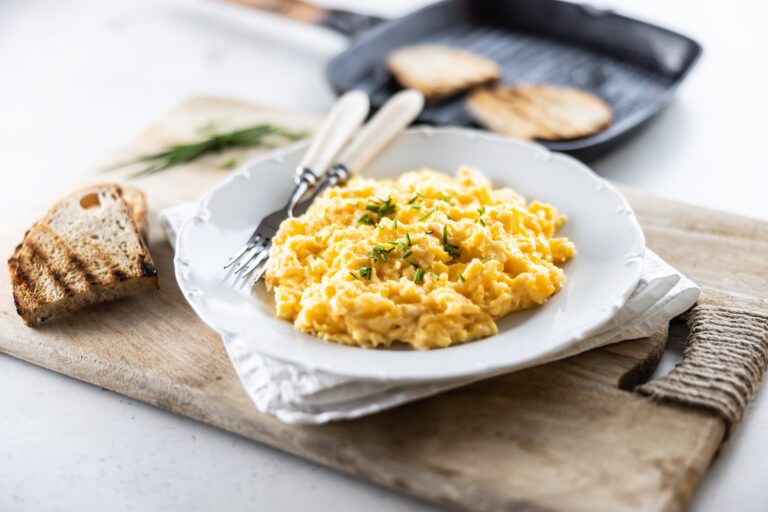
Scrambled eggs, when done right, are a breakfast delight. The key to achieving perfectly fluffy and creamy scrambled eggs lies in the technique used during cooking. Start by cracking three eggs into a bowl and adding a splash of milk for extra creaminess. Whisk the eggs and milk together until well combined, ensuring a uniform texture that will cook evenly.
Next, melt butter in a non-stick pan over medium heat. Once the butter is melted and the pan is hot but not smoking, pour in the egg mixture. Use a spatula to gently stir the eggs as they cook. The goal is to achieve soft curds that are just set—slightly runny is okay because residual heat will continue to cook them after you remove them from the heat.
Season the eggs with salt and pepper to taste right before they finish cooking. This enhances the flavor without overpowering the natural taste of the eggs. Serve the scrambled eggs immediately for the best texture and experience. Optionally, you can garnish with chopped herbs or serve on toast for a complete breakfast.
Recipe
Ingredients
- 3 units Eggs
- 1 unit Butter
- 1 unit Splash of milk
- Salt
- Pepper
Instructions
- Crack the eggs into a bowl, add a splash of milk, and whisk until well combined.
- Melt butter in a non-stick pan over medium heat.
- Pour the egg mixture into the pan and gently stir with a spatula.
- Cook until the eggs are just set but still soft.
- Season with salt and pepper to taste.
- Serve immediately and enjoy!
Technique to Cook Boiled Eggs
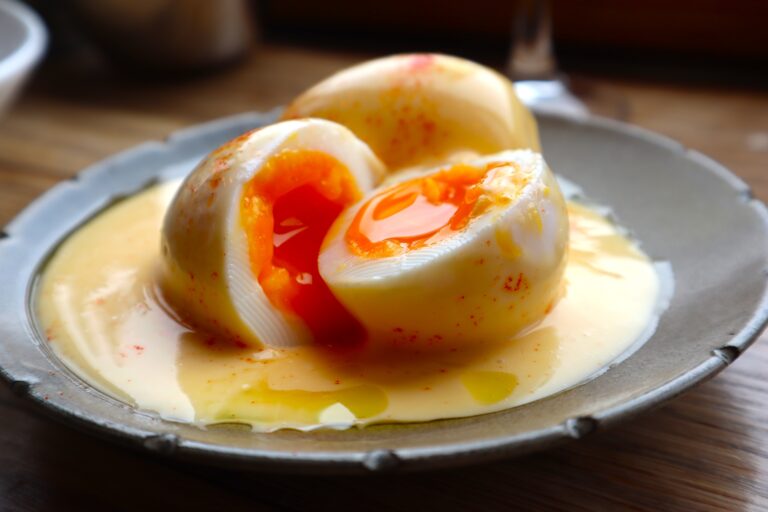
Boiled eggs are a versatile and nutritious addition to any meal, whether enjoyed on their own, in salads, or as a snack. The key to perfectly boiled eggs lies in the cooking technique, which ensures the yolks are creamy and the whites are fully set without being rubbery.
Start by placing the eggs in a pot and covering them with cold water. Adding a pinch of salt to the water helps to prevent the eggs from cracking and makes them easier to peel later. Bring the water to a boil over medium heat, then cover the pot and turn off the heat once it reaches a rolling boil.
Let the eggs sit in the hot water for about 9-12 minutes, depending on how firm you prefer the yolks. For creamy yolks, aim for around 9 minutes, while 12 minutes will result in firmer yolks. While the eggs are cooking, prepare an ice bath—a bowl filled with cold water and ice cubes—to stop the cooking process quickly once the eggs are done.
After the cooking time is up, carefully transfer the eggs to the ice bath using a slotted spoon. Let them cool for about 5 minutes to make them easier to peel. Gently tap each egg on a hard surface and peel under cold running water to remove the shell cleanly.
Boiled eggs are not only easy to prepare but also nutritious, providing a satisfying snack or meal component. Mastering the technique ensures you can enjoy perfectly cooked boiled eggs every time, whether for breakfast, lunch, or a snack on the go.
Ingredients
- 12 unit Eggs
- Water To cover the eggs
- Pinch of salt
Instructions
- Place eggs in a pot and cover with cold water.
- Add a pinch of salt to the water.
- Bring water to a boil over medium heat.
- Once boiling, cover the pot and turn off the heat.
- Let eggs sit in hot water for 9-12 minutes.
- Prepare an ice bath in a bowl.
- Transfer eggs to the ice bath and let cool for 5 minutes.
- Peel eggs under cold running water.
Technique to Cook Poached Eggs
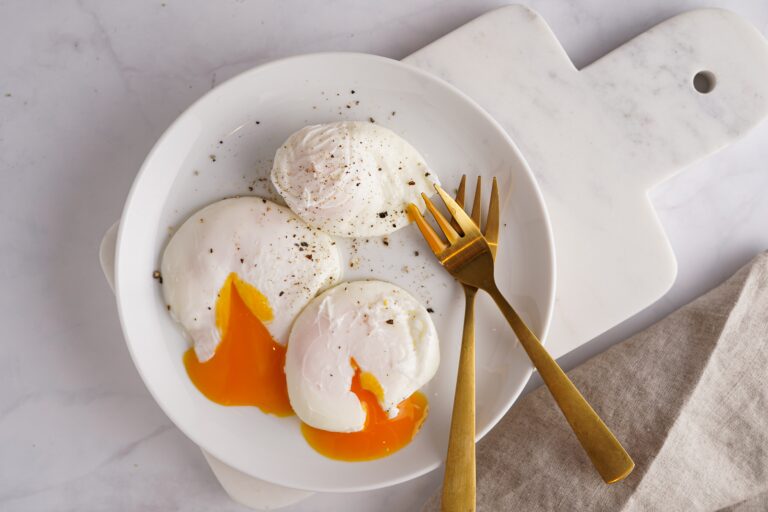
Poached eggs are a classic breakfast favorite known for their delicate texture and rich flavor. The technique to cook poached eggs involves gently simmering the eggs in water with a splash of vinegar, which helps the egg whites coagulate smoothly around the yolk.
To begin, fill a pot with water and bring it to a gentle simmer over medium heat. Add a splash of vinegar to the water—white vinegar or apple cider vinegar works well—to help the egg whites set faster and prevent them from spreading too much in the water.
Crack an egg into a small bowl or ramekin to ensure the yolk remains intact. Create a gentle whirlpool in the simmering water using a spoon or whisk. This swirling motion helps the egg whites wrap around the yolk neatly when you slide the egg into the center of the whirlpool.
Cook the egg for about 3-4 minutes, depending on how firm you prefer the yolk. The whites should be fully set, while the yolk remains runny and creamy inside. Use a slotted spoon to carefully lift the poached egg out of the water, allowing any excess water to drain off.
Poached eggs are a culinary delight that can be enjoyed in various ways, whether atop a slice of toast, nestled in a salad, or as a decadent addition to brunch dishes. Mastering the poaching technique ensures you can create restaurant-quality poached eggs at home, impressing friends and family with your cooking skills.
Ingredients
- 12 unit Eggs
- Water To cover the eggs
- Splash of vinegar
Instructions
- Fill a pot with water and bring to a gentle simmer.
- Add a splash of vinegar to the simmering water.
- Crack an egg into a small bowl.
- Create a gentle whirlpool in the water.
- Slide the egg into the center of the whirlpool.
- Cook for 3-4 minutes until the whites are set.
- Remove the egg with a slotted spoon and drain excess water.
Tips and Other Facts about Eggs
- Freshness: Fresh eggs are easier to peel after boiling.
- Cooking Time: Adjust cooking time based on desired yolk consistency.
- Storage: Store boiled eggs in the refrigerator for up to one week.
- Nutritional Value: Eggs are a source of high-quality protein and essential nutrients like vitamins D and B12.
- Versatility: Use boiled eggs in salads, sandwiches, or as a quick snack.
